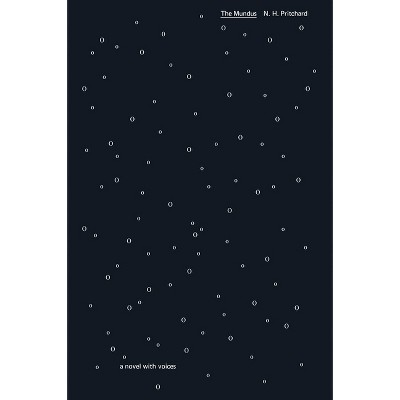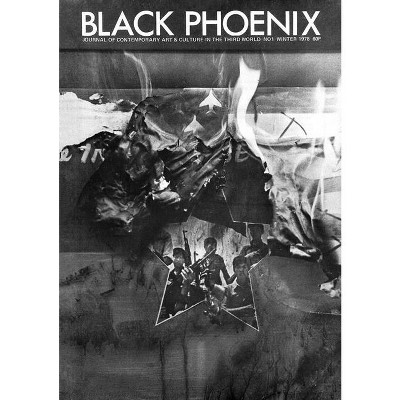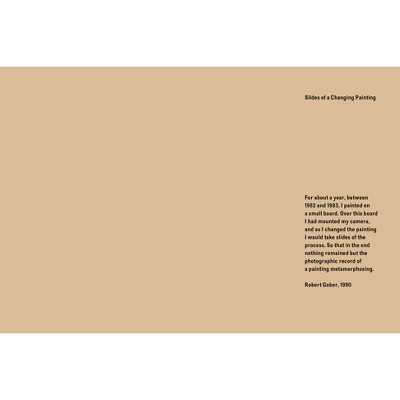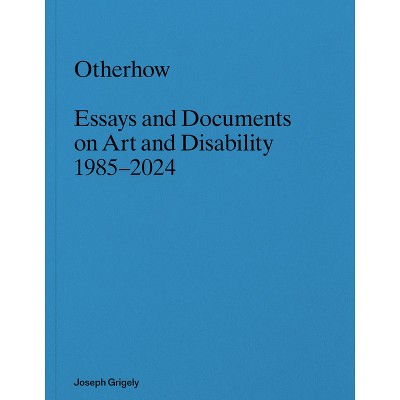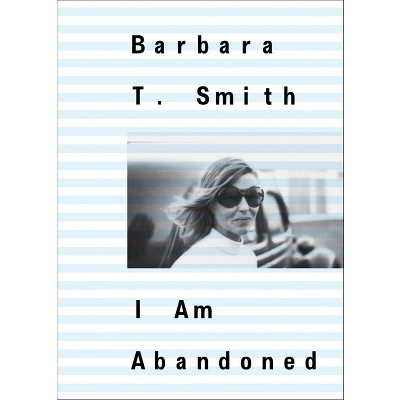About this item
Highlights
- A bold, pioneering, "free-souled" and long-rare classic of concrete poetry, available for the first time in 50 yearsOriginally published by Doubleday and Company in 1970, N.H. Pritchard's The Matrix was one of a tiny handful of books of concrete poetry published in America by a major publishing house.
- Author(s): N H Pritchard
- 224 Pages
- Poetry, American
Description
Book Synopsis
A bold, pioneering, "free-souled" and long-rare classic of concrete poetry, available for the first time in 50 years
Originally published by Doubleday and Company in 1970, N.H. Pritchard's The Matrix was one of a tiny handful of books of concrete poetry published in America by a major publishing house. Sadly, the book was given little support and was not promoted, and it has long been out of print. However, it remains a cherished item for fans of poetry due to its unique composition, and difficult but rewarding poetics. Forcing the reader to straddle the line between reading and viewing, the book features visual poems that predate the experiments of the Language poets, including words that are exploded into their individual letters, and columns of text that ride the edge of the page.
Praised as a "FREE souled" work by Allen Ginsberg, The Matrix feels as fresh and necessary today as when it was first published. This new facsimile edition, copublished by Primary Information and Ugly Duckling Presse, makes the book available to a new generation of readers.Review Quotes
This recognition via fresh publication restores the author to his proper place in the avant-garde lineage that includes Concrete poetry, typewriting, and Visual Poetry. In addition to that important fact, having these books is an opportunity to experience the sheer pleasure of an elegantly venturesome mind at serious play.--Albert Mobilio "Hyperallergic"
A singular but often overlooked voice in 20th-century poetry, N.H. Pritchard's concrete writing eschews discursive meaning in pursuit of the "transreal"-- "Tank"
Th[is] poetry collection exemplif[ies] the literary innovation of this era--a commitment to the pursuit and study of sound and a symbolic resistance to legibility.--Erica N. Cardwell "Brooklyn Rail"
Pritchard's collection reflects the experimental semiotic poetics and conceptual art rigors of the sixties moment risen within and against that moment's manifold political movements.--Quinn Latimer "Poetry Foundation"
Shipping details
Return details
Trending Poetry







